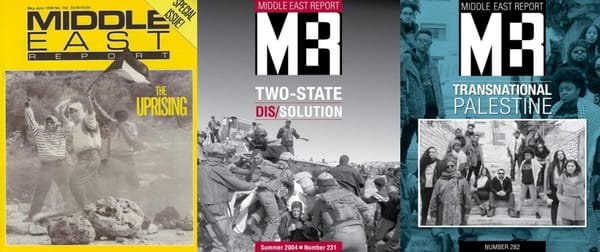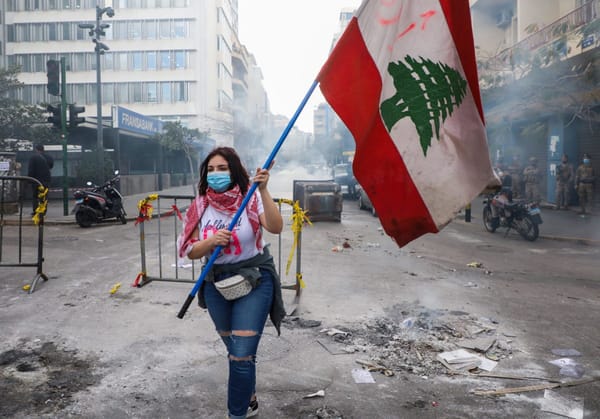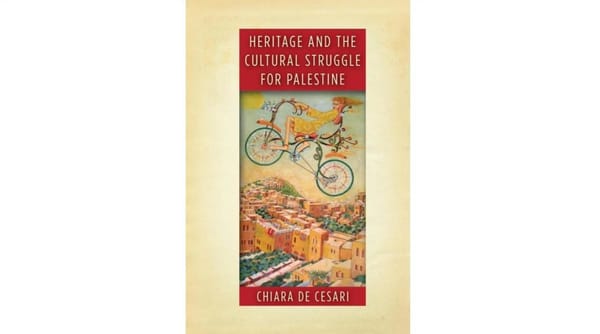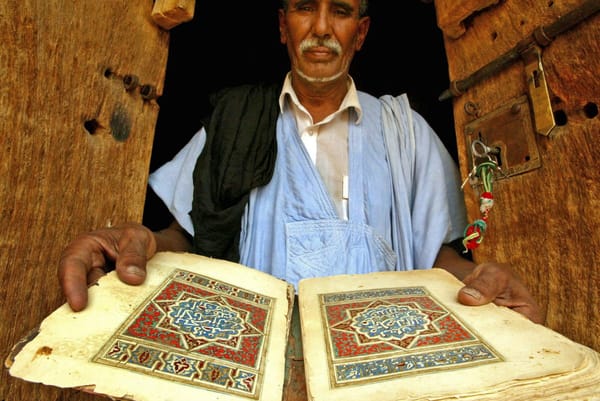



Coexistence, Sectarianism and Racism — An Interview with Ussama Makdisi
Alex Lubin interviews Ussama Makdisi about his work on sectarianism and coexistence in the Middle East, the subject of his most recent book. Makdisi also addresses the role of race and colonialism and explains the importance of seeing these ideological formations in historical and geopolitical conte
Intellectual Traditions and the Academy in Turkey — An Interview with Evren Altınkaş
MERIP editors interview Evren Altınkaş, a Turkish scholar who was pushed out of his academic position by his university’s administration as a consequence of participating in the Gezi Park protests of 2013. Altınkaş discusses his work on the intellectual tradition in Turkey, the role of the ruling AK
Designing Nationhood in Turkey’s Universities
Begüm Adalet reviews Burak Erdim's "Landed Internationals: Planning Cultures, the Academy, and the Making of the Modern Middle East." As in past decades, universities in Turkey are venues of contestation between authority and resistance, with the government imposing its singular vision of a “pious,
Benefiting from the Misery of Others
Asher Orkaby examines the politics and unforeseen consequences of international aid in response to war and suffering in Yemen. He finds that much of the humanitarian aid actually exacerbates the war by fostering a lucrative wartime economy, disincentivizing peaceful resolutions and prolonging nation
The Fog of the Forever War with a Laugh Track in "United States of Al"
As President Joe Biden’s administration struggles to meet its self-imposed deadline of September 11, 2021 to withdraw US forces from Afghanistan, Hollywood is offering its own painless, bloodless version of an end to America’s longest war. In this review of the CBS sitcom "United States of Al," the
Revisiting MERIP Coverage of Gaza, Jerusalem and the Israeli-Palestinian Conflict
For more than 50 years, MERIP has provided a depth of analysis on Palestine and Palestinian politics that is unmatched. Here we dive into the archives to highlight both historical and recent MERIP articles that provide key context for the current crises in Gaza and Jerusalem as well as important bac
The Prince’s Speech and Activist Grievances in Jordan
On April 3, 2021, Prince Hamzeh bin Hussein of Jordan was confined by the Jordanian armed forces to his home and cut off from outside communication. While many observers speculate about palace politics, Matthew Lacouture delves into the significance of the prince's statements decrying corruption and
Political Assassinations and the Revolutionary Impasse in Lebanon and Iraq
In the midst of deepening political and economic crises, the recent assassinations of two intellectuals—Hisham al-Hashimi in Iraq and Lokman Slim in Lebanon—have shaken the popular protest movements that are pushing for fundamental change in both countries. Haugbolle and Andersen consider the conseq
Cultural Heritage and the Politics of Sovereignty in Palestine
Elif Kalaycıoğlu reviews Chiara de Cesari's book Heritage and the Cultural Struggle for Palestine, which explores the complex and shifting terrain of Palestinian heritage politics at work in both the Palestinian Authority and civil society organizations over time and under the conditions of settler
Humanism in Ruins – An Interview with Aslı Iğsız
Aslı Iğsız discusses her book Humanism in Ruins, which examines the long-lasting impacts of the 1923 Greek-Turkish Population Exchange Agreement. Challenging the common portrayal of the population exchange agreement as a success story, she unveils how the discourses of liberal humanism and coexisten